Archbishop Jorge Mario Bergoglio of Argentina chose the name “Francis” when he became the first Jesuit pope of the Catholic Church in March 2013. Inspired by the modesty of St. Francis of Assisi, Pope Francis anchors his philosophy and approach to life in humility. Author Jeffrey A. Krames, the Jewish son of Holocaust survivors, portrays Pope Francis as a decisive, pragmatic leader with keen political and business acumen. This compelling profile of the pope’s strengths and vulnerabilities explains how you can emulate his leadership in a corporate environment. Krames illustrates why Pope Francis has become one of the world’s most admired and respected figures. Whatever your spiritual beliefs are, getAbstract thinks you will find profound inspiration in this portrait of Pope Francis’s humble – but effective – approach to leadership.
Pleasant Surprise
After the selection of Argentinian Jesuit Jorge Mario Bergoglio as pope in March 2013, his humility, caring and willingness to be vulnerable captured the fancy of Catholics and non-Catholics around the world. Pope Francis, who labels himself a “sinner,” famously asked, “Who am I to judge?” An inspirational, authentic and visionary leader, the pontiff, age 77, advocates change and innovation.
In his nearly 40 years as a priest in South America, Bergoglio was as an unpretentious man who took public transportation to visit Catholics and non-Catholics in Argentinian neighborhoods. Fifteen months after he turned 75 – and submitted his mandatory resignation to Pope Benedict XVI – Bergoglio was elected to lead the world’s 1.2 billion Catholics, stepping in to head a church plagued by controversy. His tenure as pope exemplifies 12 important leadership lessons:
1. “Lead with Humility”
Pope Francis believes that humility is the single most important leadership characteristic and that everyone should learn to be more humble. For his first public appearance as pope, Francis chose not to stand on a platform that would raise him higher than other ...










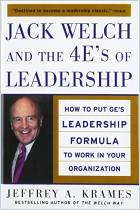
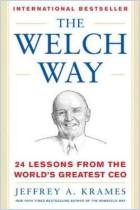
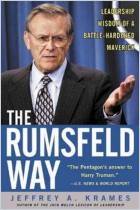
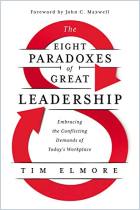

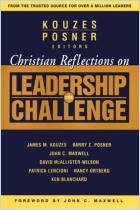









Comment on this summary or 开始讨论